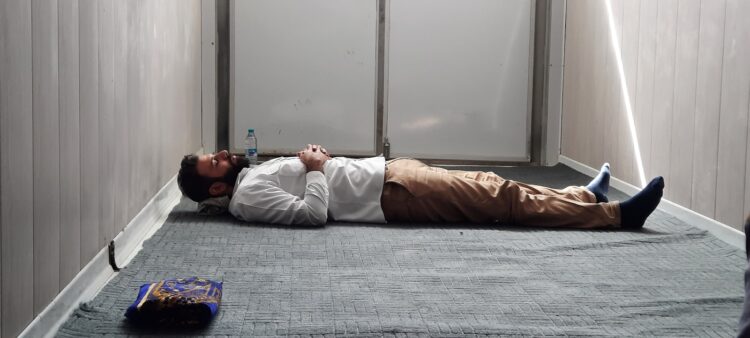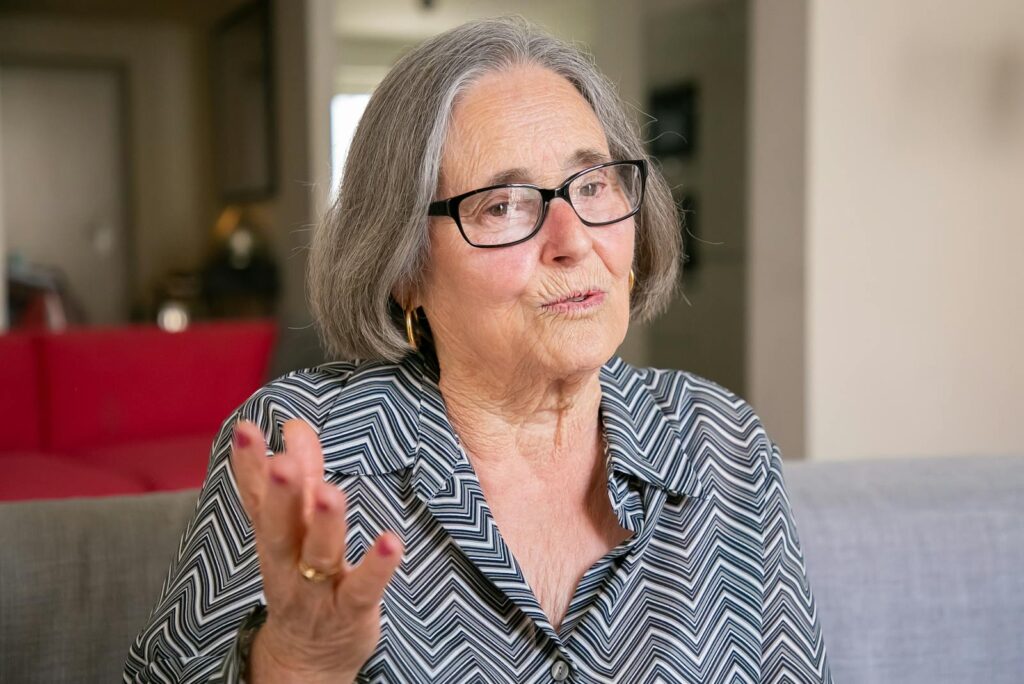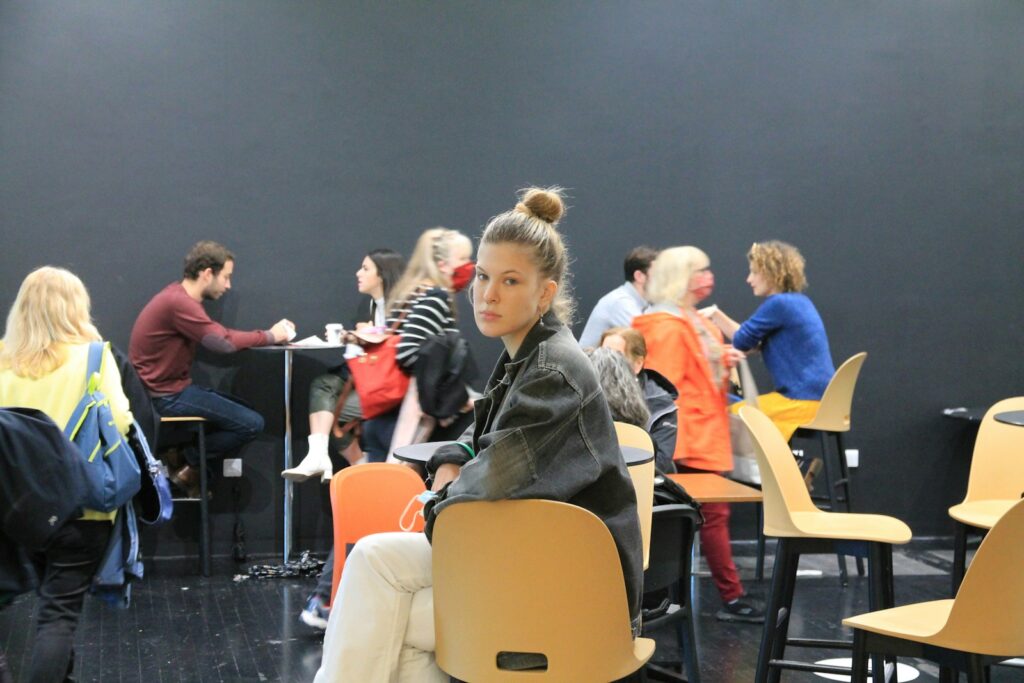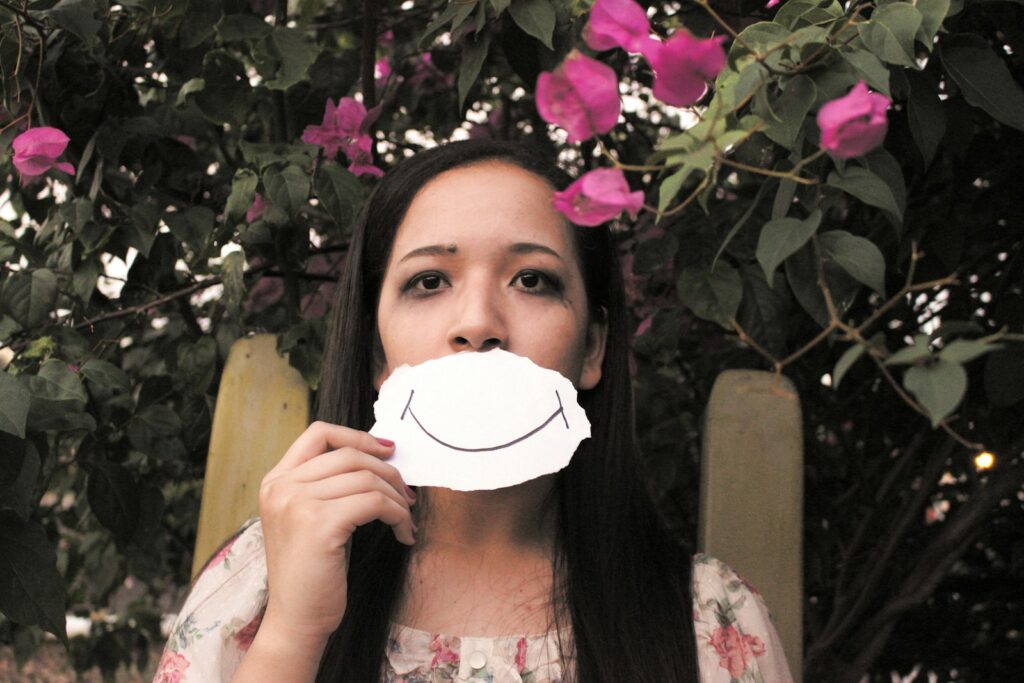
People tend to carry beliefs forward without checking if they still make sense. Some come from another time when life moved differently and choices felt fewer. Yet many of those ideas still shape how people live, even as the world continues to change. They pass through generations quietly—spoken in advice, taught in schools, or tucked into daily habits—until they start to sound like truth simply because they’ve lasted long enough.
Success Means Working Nonstop

The day starts before sunrise and ends somewhere near midnight, yet that’s seen as a success. You tell yourself it’s temporary, that rest will come later. Weeks blur, then months. The coffee on your desk grows cold, and messages go unanswered. Somewhere in between, you forget what you were proving. It’s strange—no one ever warns you how quiet burnout sounds.
Marriage as the Ultimate Goal

There’s this quiet belief that marriage is the finish line. Relatives ask about it like it’s a missing puzzle piece. Some give in because it feels easier than explaining they’re fine as they are. Others stay when it’s long stopped feeling right. It’s odd how people equate being chosen with being complete, as if love is something that needs proof.
Men Shouldn’t Show Emotion

You can still see it start young. A scraped knee, a tear, someone nearby saying, ‘Toughen up.’ Years later, that voice is still there, quieter but constant. It teaches men how to stay silent even when their chest feels heavy. They joke instead of confessing, and change the subject when it gets real. The world keeps praising strength without ever asking what it costs.
Women Must Be Nurturing

Even now, women who choose independence or a career over caregiving are met with questions instead of support. Society still praises sacrifice more than self-direction. A woman’s worth often gets tied to how much she gives, not who she becomes. Generations later, that quiet pressure remains—smiling politely while balancing expectations she never asked to hold.
Money Equals Success

People still measure stability by income and possessions, even when both often come at the cost of peace. A new car, a bigger home—each promise fades as quickly as the excitement that drove it. Yet the pattern continues because it’s familiar. Somewhere, satisfaction got replaced with comparison, and no one stopped to ask if that trade was worth it.
Suffering Builds Character

It’s common to hear that hardship makes people stronger, as if struggle alone teaches growth. Pain can shape you, yes, but it shouldn’t be glorified. Many stay in miserable jobs or relationships because they believe endurance equals virtue. They forget that wisdom can also come from calmness. There’s no prize for staying longer in something that hurts.
Older Means Wiser

Age can bring perspective, but not always understanding. Some people grow older without ever questioning what they learned. They repeat lessons that once helped but now hinder others. Respect shouldn’t come from years alone; it should come from how open someone stays to change. Wisdom isn’t a given—it’s something earned through listening.
Needing to Have Kids

It still surprises people when someone says they don’t want children. They keep on asking the reason. Some laugh it off, others stop trying to explain. They appreciate their space, quiet weekends, and lives that already feel full. Yet the world keeps waiting for them to change their minds, like that’s the only version of growing up that counts.
Career Before Joy

Many still believe that passion is something earned after success, rather than something to pursue from the start. They work through decades, waiting for the day they can finally enjoy what they love. But by the time that day comes, energy’s gone. It’s strange how easily people forget that joy doesn’t need permission—it requires time that can’t be postponed.
Privacy as Suspicion

In an age of sharing, choosing quiet can seem out of place. Someone deletes social media, and people ask if something’s wrong. Privacy used to mean dignity; now it’s read as hiding. Yet not every thought needs an audience. Sometimes, the most grounded lives are the ones no one’s watching. Still, society often treats visibility as proof of existence.
Busyness as Importance

The calendar fills up until there’s no air left in the day. Someone cancels plans and feels guilty, rather than relieved. It’s become normal to confuse motion with meaning. But most of that motion goes nowhere. When a rare free afternoon appears, people don’t know what to do with it. Rest feels wrong, like they’ve forgotten how to exist.
One Path to Adulthood

Graduate, get a job, buy a home—life still gets mapped out like it’s a checklist. Those who stray from it often feel behind, even when they’re exploring something real. However, adulthood no longer has a template. Some build businesses from their kitchen tables; others travel or start over at forty. The problem is, society still grades everyone on the same timeline.
Keeping Family No Matter What

People are told that family comes first. However, that idea keeps some people stuck in rooms that make them feel small. There’s guilt for stepping back, even when peace depends on it. You try explaining that love shouldn’t feel like walking on eggshells, but the words sound harsh. It’s strange how loyalty and pain get tangled until you can’t tell which is which.
Perfection as Respectable

Everyone’s learned the trick by now—smile, sound confident, don’t show the cracks. The world claps for that kind of polish. But it’s lonely being admired for a version of yourself you barely recognize. You scroll past people doing the same, all pretending things are easy. It’s not dishonesty, exactly. It’s just the only way people think they’ll be accepted.
Happiness as a Constant State

Some days feel fine, others don’t, but people still act like happiness should be steady. The moment sadness shows up, they start fixing it, as if being low is a mistake. But no one stays joyful all the time. Some hours drag and mornings that feel flat, and that’s still living. Maybe happiness isn’t something to keep—it’s something that visits.

